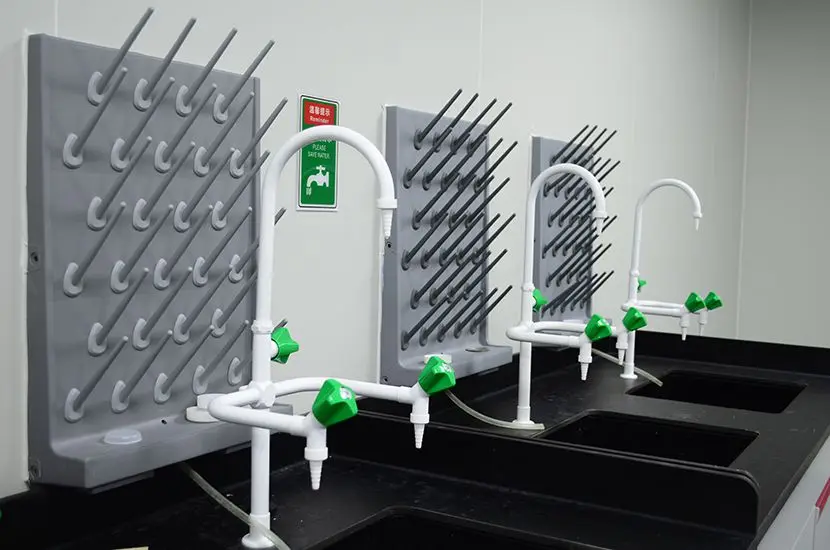
New Zealand Electronic Appliances RCM Certification Mark
Electronic and electrical products in the Australian and New Zealand markets must comply with local safety standards and electromagnetic compatibility (EMC) technical standards and certification requirements, and must affix a unified compliance mark — the rcm mark — in order to be circULated in the market.

Countries where RCM is applicable:
Australia, Nauru, Fiji, Solomon Islands, Kiribati, MICronesia, Tuvalu, New Zealand, Tonga, Marshall Islands, Vanuatu, Papua New Guinea, Samoa.
Australia categorizes products into 3 classes:
Low-risk equipment (level 1): Suppliers must ensure that the products comply with the relevant safety standards and retain compliance evidence for five years after the product is discontinued.
Reference standard: AS/NZS 3820
Refers to DC poweRED products (apply for RCM directly with emc report).
Medium-risk equipment (level 2): Products must undergo testing at designated test facilities and register product information in the EESS database.
Reference standard: AS/NZS 4417.2
Refers to AC powered products (apply for RCM with EMC report + safety report).
Products include: air conditioners, portable lamps, projectors, household appliance connectors, lamp holders, fluorescent lamp ballasts, etc.
61 types of products in the list (apply for rcm certification + EESS registration with EMC report + safety report + government regulatory agency-issued certificate or recognized external certification scheme (RECS) such as SAA).
Australian RCM Certification Process:
1. Issue a test report according to the standards within the scope of accreditation.
2. Submit the Australian RCM application form.
3. Submit test reports to Australian issuing authority for document review.
4. Australian authority reviews the test reports.
5. If approved by Australia, issue the rcm certificate.
RCM certification period: Determined based on the information provided by the customer. For RCM certification with saa certificate and EMC report, it takes 1-2 weeks.
RCM Email: hello@jjrlab.com
Email:hello@jjrlab.com
Write your message here and send it to us
 Cost of U.S. FDA CFR 21 177.2600 Test Report
Cost of U.S. FDA CFR 21 177.2600 Test Report
 How much does the IP44 Compliance Test cost
How much does the IP44 Compliance Test cost
 What is LFGB Test
What is LFGB Test
 What does LFGB certified mean?
What does LFGB certified mean?
 Weee authorised representative germany
Weee authorised representative germany
 Where to Apply for 2026 Air & Sea Transport Ce
Where to Apply for 2026 Air & Sea Transport Ce
 Guide to IEC Test Reports for Lighting Exports
Guide to IEC Test Reports for Lighting Exports
 IEC/EN 62471 and IEC/EN 62778 (Photobiological Saf
IEC/EN 62471 and IEC/EN 62778 (Photobiological Saf
Leave us a message
24-hour online customer service at any time to respond, so that you worry!




